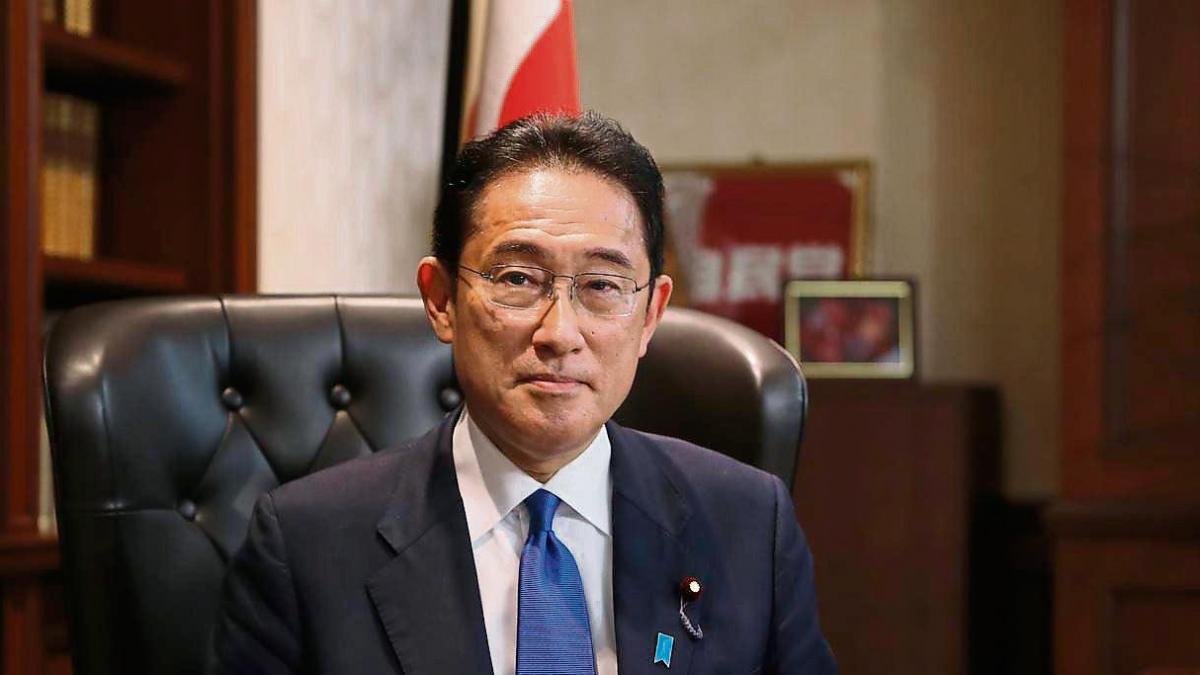Kishida kept the formation of his cabinet, formed on October 4 when he took office, except for the appointment of a new foreign minister, Yoshimasa Hayashi, former minister of Education.
At a press conference, Kishida promised to implement a new capitalism that will put the world’s third-largest economy on a new path to growth while reducing income disparities.
Referring to Covid-19, stimulus measures and foreign policy challenges, he indicated that Japan is in a precarious situation that requires political leadership to move forward.
On the security issue, he asserted that during his tenure Japan will strengthen defenses, including against missile threats and cyber attacks, while reviewing his national strategy.
During a special three-day parliamentary session, Kishida was
reelected as prime minister with 297 votes in the 465-member House of Representatives, while he also garnered 141 votes in the 245-member House of Councilors.
ef/acl/nvo/lvp










